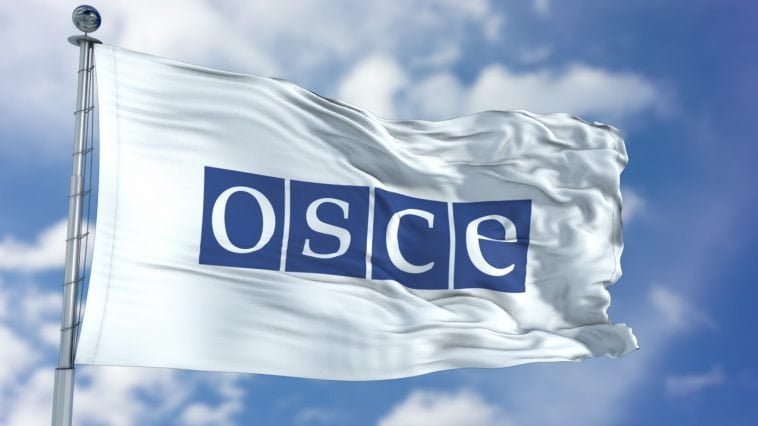Austria Criticized for Allowing 18 Russian MPs to Attend Security Meeting – Eighteen Russian parliamentarians are set to attend an OSCE meeting in Vienna on Friday, the first anniversary of Moscow’s invasion of Ukraine, and have been invited to a nationalist ball. Ukraine has already stated that it will boycott the winter session of the OSCE’s parliamentary assembly on the 23rd and 24th of February, claiming that Russia will use the event to “justify its aggression” and “whitewash war crimes.”
Mykyta Poturayev, the leader of the Ukrainian delegation, stated that Russia’s attendance would “undermine its integrity… and compromise the clear position it has shown on Russian aggression.” Responding to calls from parliamentarians in 20 EU member states to deny visas to Russian MPs, all of whom are subject to EU sanctions as members of the Duma or lower house, Austria’s foreign minister admitted the timing was “unfortunate.”
People Also Read: Taiwan Visit by Chinese Delegation Spurs Internal Political Tensions
As the host of the OSCE, a 57-member organisation created during the cold war as a discussion forum for the western and eastern blocs, Austria was obliged to allow delegations from all participating countries to enter, Alexander Schallenberg said. “But at the same time, we must not disregard the fact that we need platforms,” Schallenberg told Austrian TV last week. “The OSCE has never been an organization of like-minded people. At some point, hopefully, diplomacy will be given space again.”
Austrian media also said the far-right Freedom party (FPÖ) had invited the Russian MPs to its academics’ ball, an annual black-tie event for nationalist politicians and supporters in the Hofburg palace, the permanent seat of the OSCE. The delegation’s leader and Duma deputy speaker, Pyotr Tolstoy, told Austria’s APA news agency, however, that it was “not planning any other events, balls, receptions and so on” but planning to “work at the conference on 23 and 24 February.”
The OSCE said it was “long-established practice” for its winter meeting – whose debate this year is titled One Year in: Russia’s Continued Full-Scale War on Ukraine – to be held on the Thursday and Friday of the fourth week of February. The agreement signed between Austria and the OSCE meant the issuing of visas was “not a matter of discretion, but a question of a legal obligation,” it said, adding that they would only be valid for Austria and for the duration of the two-day meeting.
People Also Read: Nikos Christodoulides Elected Cyprus’s President With 52% of Vote
Meanwhile, nearly 100 notable Austrians have signed a second open letter to the government, pushing it to renounce its seven decades of neutrality and recognize that Europe’s security position has altered radically. “Many Austrians still seem to believe we can stay out of all military conflicts, that a peaceful foreign policy alone guarantees our security, and that our active participation in the stabilisation of Europe is not necessary,” the signatories wrote. “These ideas are an expression of a contradiction between Austrian and global reality. They are dangerous for Austria as well as for Europe.”




